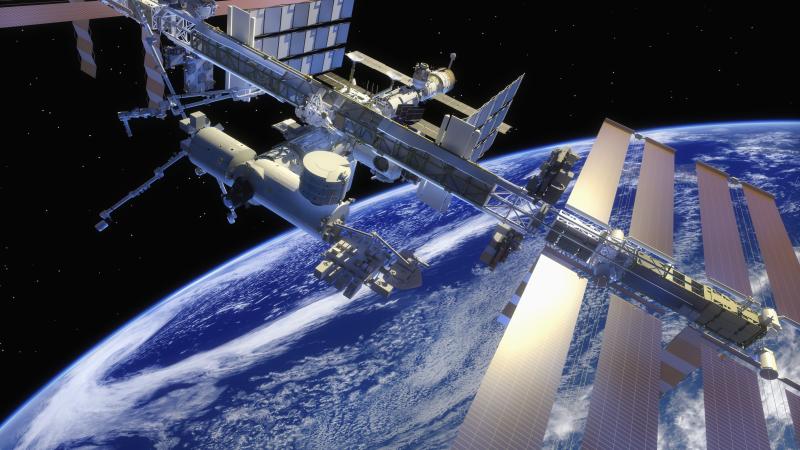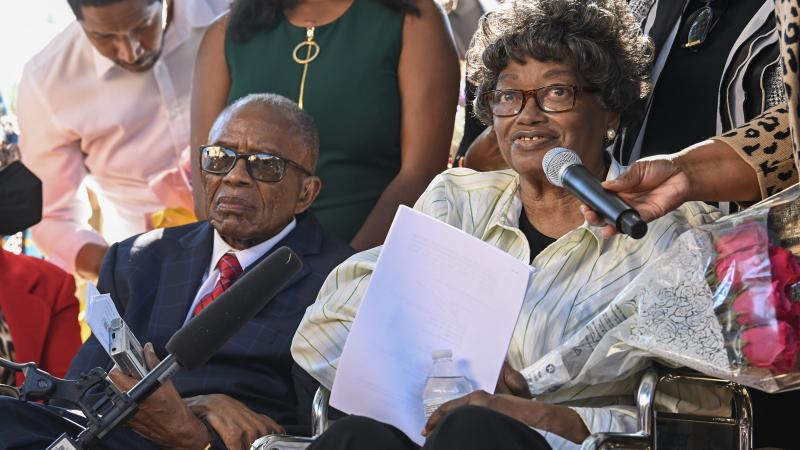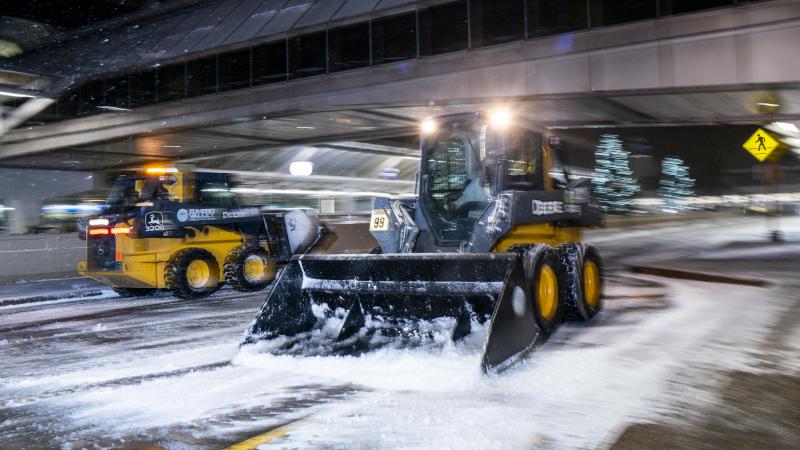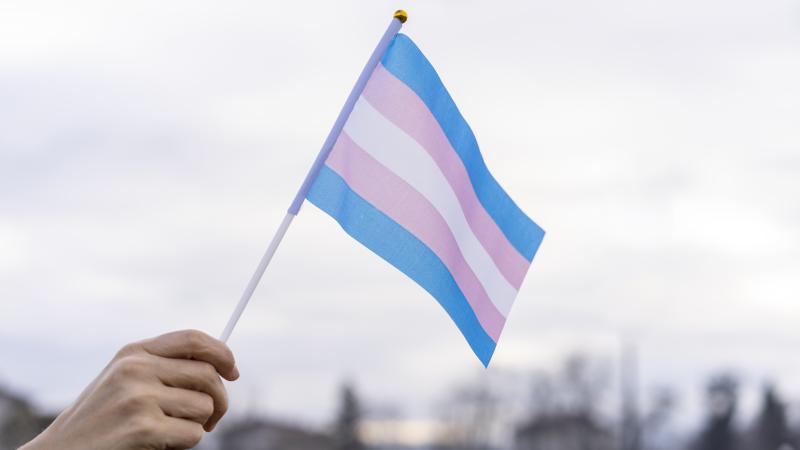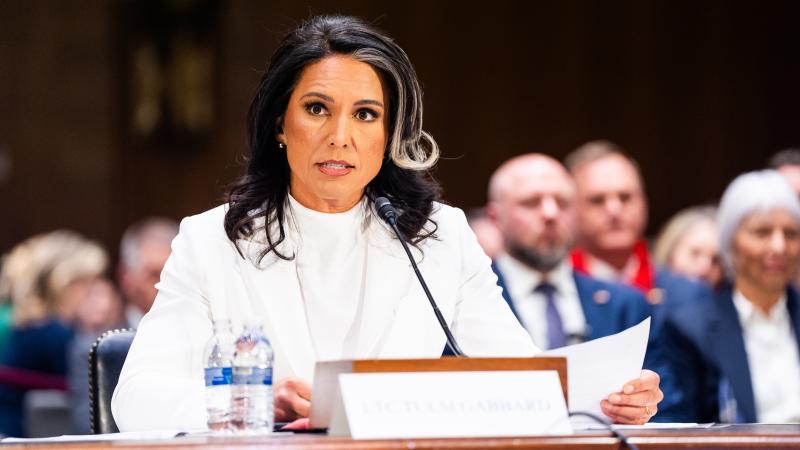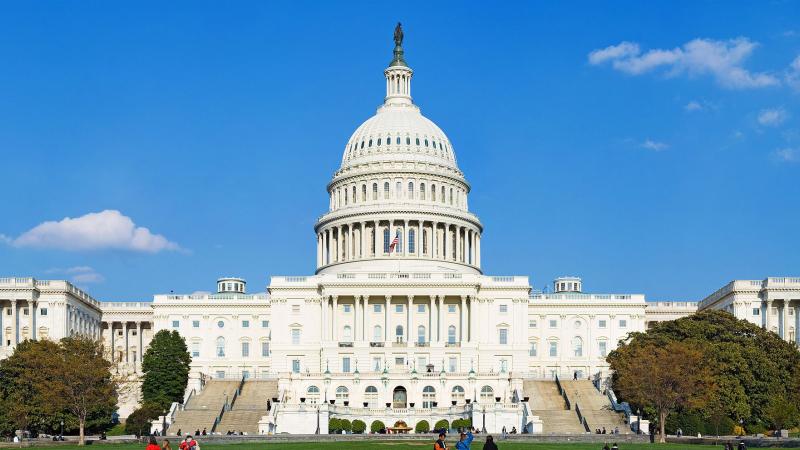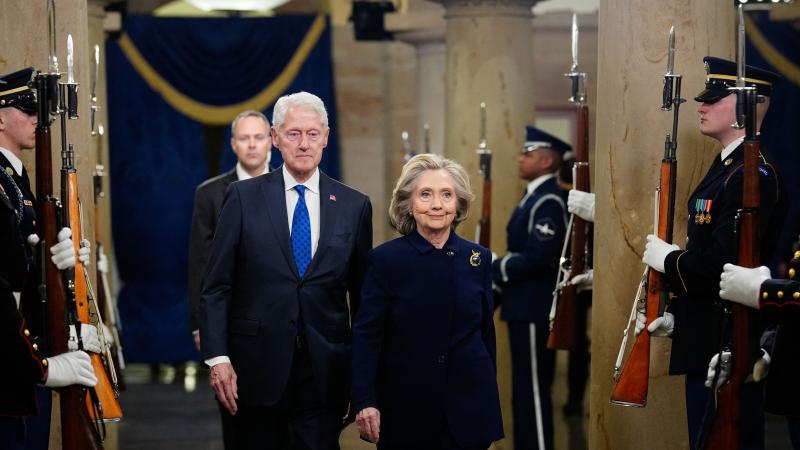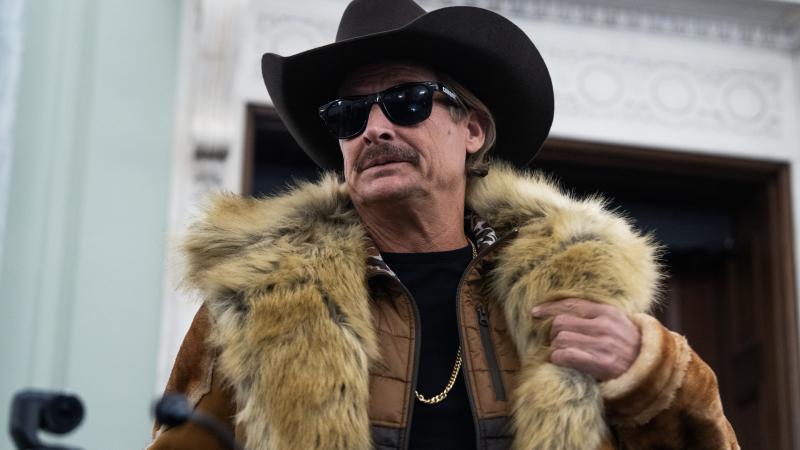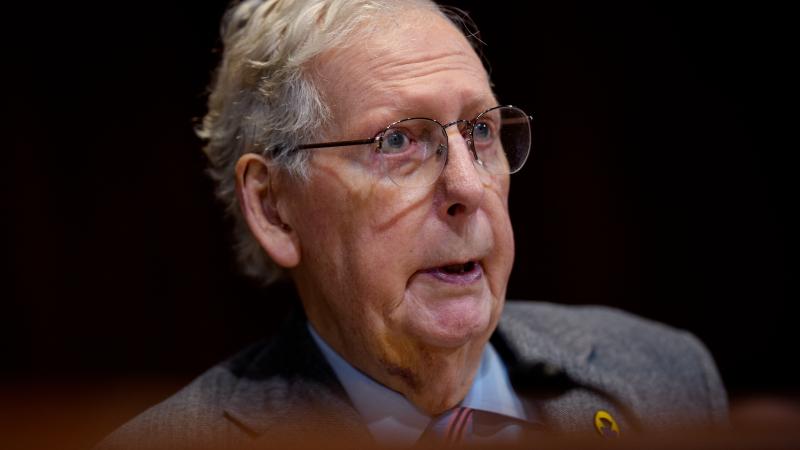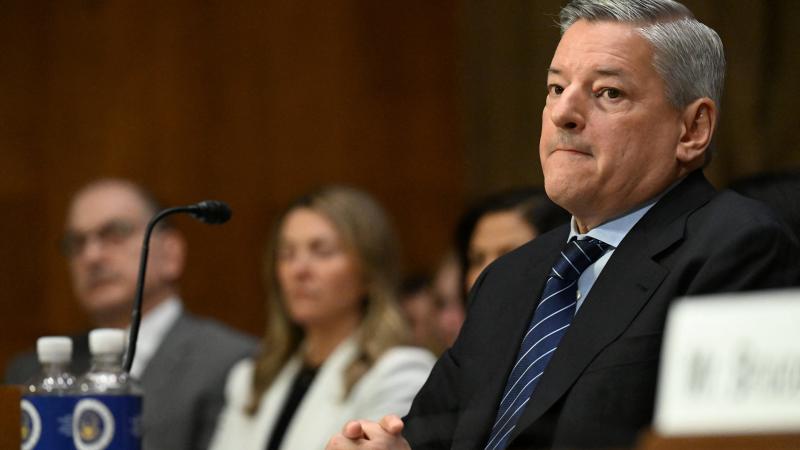Homeless veterans during COVID-19: One group's efforts to stem the 'tsunami'
The coronavirus brings new challenges for a former Army helicopter pilot who helps veterans who don't have a place to live
Former Army helicopter pilot Deborah Snyder thought that she and her partners were closing in on their goal of ending veteran homelessness in the Washington, D.C. area – then came COVID-19.
Businesses shuttered; shelters closed; paychecks disappeared.
“For at-risk veterans and homeless veterans, the pandemic pushed things to a crisis,” said Snyder, who runs Operation Renewed Hope Foundation, an Alexandria, Virginia-based nonprofit that finds housing for veterans who don’t have a place to live. “The numbers went way up.”
The organization typically assists roughly 100 veterans and family members a year, Snyder said. Since the pandemic began, the group has seen a 20-percent increase in veterans asking for help. In 2020, the group anticipates serving 50 percent more than in previous years.
“We’re doing as much as we can, however we can,” said Snyder, who founded her group in 2011 after being shocked to see homeless veterans in Crystal City, Virginia, near the Pentagon. “Homeless veterans need help, especially now.”
The pandemic comes at a time when veteran homelessness nationwide is declining, according to the Department of Housing and Urban Development. In 2019, when the homeless population overall was rising, veteran homelessness fell. Last year, HUD statistics show, some 37,085 veterans did not have a place to live – a 2.1 percent drop from 2018 and a 50 percent fall from 2010.
Experts attribute the decrease and disparity to the robust efforts from the Department of Veterans Affairs and private organizations.
The efforts spring from need, experts say. At-risk veterans face the same factors as the marginalized population at large – such as low-income and a dearth of affordable housing – but wrestle with additional challenges.
Many displaced and at-risk veterans live with the effects of post-traumatic stress disorder (PTSD) and substance abuse, traumatic brain injury and Military Sexual Trauma, according to experts.
During the pandemic, it has become more difficult for aid groups to find shelter for veterans, said Kathryn Monet, CEO of the National Coalition for Homeless Veterans. That is because more than 80 public housing authorities nationwide have switched to operating remotely, she said.
“What we have seen is an increase in despair from veterans currently experiencing homelessness who, under normal circumstances, would have been quickly placed in transitional or permanent supportive housing prior to the pandemic,” Monet said. “Placing these veterans has been extremely difficult with shelters and Public Housing Authorities in some communities closing or limiting operations due to the virus.”
The Department of Veterans Affairs is working to address the situation that has been complicated by the pandemic, VA Press Secretary Christina Noel told Just the News.
“VA Homeless Programs personnel are working aggressively to secure emergency housing for unsheltered homeless Veterans, especially those at increased risk of adverse outcomes from COVID-19 due to age and/or preexisting medical conditions,” she said.
Still, some veterans remain adrift.
“If they were living in a car when the pandemic started, they’re probably still in the car,” Snyder said. “Some veterans are on the streets.”
In order to help, Snyder’s organization is continuing the work that has brought results over the past nine years, during which it has placed some 800 veterans in permanent housing.
Group members find veterans a number of ways: via word of mouth, referral from the VA, direct requests, or by looking for them in shelters, campsites and cars.
“Once we have them, we get to work,” Snyder said. Each veteran is matched with a case worker who spearheads the hunt for services – even when the case worker needs to maintain social distancing.
“In some cases, we found housing for veterans, and inspected them by video,” Snyder said, noting that her group ensures that each residence is equipped with functioning sinks, toilets, kitchens and fire alarms. “It’s not enough to offer shelter. It has to be safe shelter. We verify that, even during a pandemic.”
In recent days, Snyder’s army of helpers has brought new mattresses to freshly housed veterans, or delivered cleaning supplies and other goods.
Other challenges are less easily solved – such as what to do when a veteran’s employer shuts down.
“We give temporary funding, but veterans have to be able to do this on their own,” Snyder said. “They have to be able to pay rent.”
They also need to eat, Snyder said. Several organizations have donated laundry baskets filled with food, for the group to distribute.
The group projects that the end of the quarantine will bring a new set of problems.
“When the courts reopen, I expect to see a lot of evictions,” creating even more homeless veterans,” Snyder said. “We’re prepared for a tsunami.”
The VA’s Noel, meanwhile, offered contact information for veterans who face housing problems, or health crises related to the coronavirus.
“Veterans who are homeless or at risk of homelessness are strongly encouraged to contact the National Call Center for Homeless Veterans at 877-4AID-VET (877-424-3838) for homeless assistance and/or Clinical Contact Centers (844-698-2311) for screening and medical assistance related to COVID-19,” Noel wrote in an email to Just the News.

